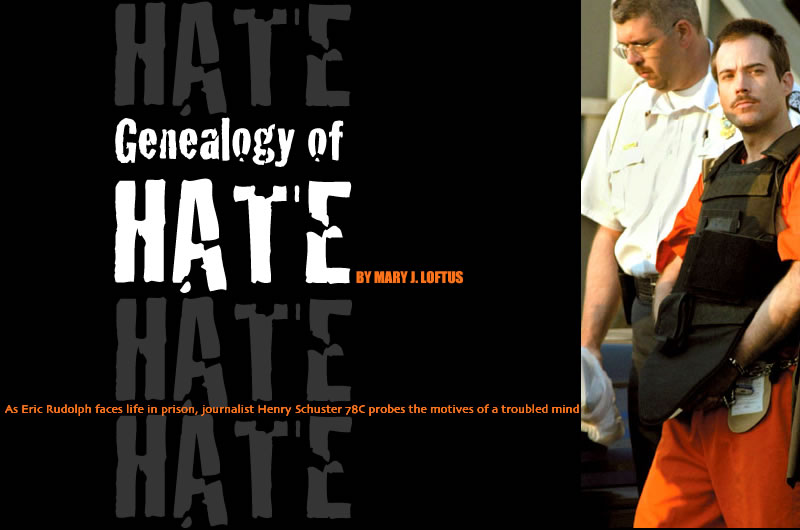
In late July of 1996, Atlanta had Olympic fever. More than ten thousand athletes and a million-plus spectators from around the world were flying into the newly renovated Hartsfield International Airport, even as thousands of Atlantans were flying out. Every hotel room, apartment, condo, or house with a spare room for rent within an hour's commute of downtown was filled. President Bill Clinton opened the Centennial ceremonies on July 19 in Olympic Stadium, proclaiming, "Let the games begin," and the cauldron was lit by an infirm but dignified Muhammad Ali. "The Olympic flame of the fourth Summer Games in the United States will glow through Atlanta's heat with virtually the entire world, almost two hundred nations, here for the first time," reported the New York Times . This was the largest, most diverse Olympics in history. And, with media crews and video cameras everywhere, the whole world was indeed watching. In the early morning hours of Saturday, July 27, Centennial Olympic Park was packed with tourists listening to a funk band, dodging jets of water shooting out of the five-ringed Olympic fountain, and trading collectible pins. Unnoticed amid all the festivities, two bomb technicians were investigating a green backpack discovered under a bench near the stage. They had seen wires and pipes inside and, just to be safe, were preparing to evacuate the area and call in the bomb disposal unit. It was already too late. The forty-pound pipe bomb exploded at 1:20 a.m., sending nails and shrapnel into the unsuspecting Centennial Park crowd. More than a hundred were wounded, and Alice Hawthorne, who had driven to Atlanta from her home in Albany, Georgia, to give her fourteen-year-old daughter, Fallon, a special outing for her birthday, was killed instantly. |